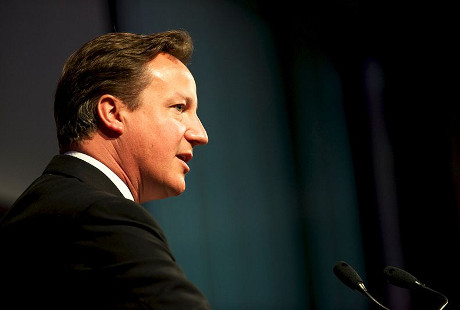Prime Minister David Cameron has outlined a number initiatives to generate growth for the UK’s technology business sector and spur confidence in investment in the “information economy.”
“More than any time in history our world is being shaped by innovation, new ideas, new technologies and new companies," Camerson said at the G8 innovation conference today.
“We’ve all got to open up our economies to innovation, we’ve got to nurture new ideas, we’ve got to bend over backwards to attract the best and the brightest," he said. "A global race is underway and it is waiting for absolutely no one.”
The Information Economy Strategy, developed in partnership with industry and academia, includes a commitment to target 1.6 million small and medium sized enterprises (SMEs) in the UK who want to improve their online skills and capabilities, encouraging them to take part in e-commerce and develop cloud capabilities.
There are initiatives to give businesses faster and easier access to public services online and a single online view of their tax records.
“We have an aspiration that 25% of central government procurement spend should be with SMEs directly and in the supply chain by the end of the Parliament,” the government said in its Information Economy strategy document. “As part of efforts to deliver the 25% aspiration and achieve better value for money for the taxpayer, we think at least 50% of spend on new Government IT could flow to SMEs.”
The development of technology business skills are a also part of the scheme, including a programme of Massive Online Open Courses (MOOCs) for computing and data science, as well as the promotion of teaching tools to schools to nurture future talent and encourage young people to pursue jobs in the information economy.
As part of the partnership with academia, the government has secured £50 million in funding to develop the world’s first live operational test facility for 5G mobile technology at the University of Surrey.
The government also pledged to release more open data including datasets from the Charity Commission, giving “unprecedented access” to data on the operation of charities. It will consult this year on sharing VAT registration information and announce a “call to arms” for open data in local government.
“Working with data users, we will identify the data we hold that should be part of that new National Information Infrastructure,” said Cabinet Office Minister Francis Maud. “This data will be available for release to support economic growth and the developers and entrepreneurs who use open data to build information-led businesses – helping us compete in the global race.”
The government says it will also encourage technology clusters, remove barriers to e-commerce, and take steps to strengthen cyber security.







